20+ Of The Biggest Stars Of Outlaw Country
While country music has always been a deeply emotional genre, it’s fair to say that when the genre first rose to national popularity under the banner of Hank Williams, Jimmie Rodgers, and their contemporaries, it tended to be fairly wholesome in its presentation.
By the 1970s, however, that changed as the firebrands of progressive country gave way to a harder-edged approach to the genre that was gritty about its subject matter but no less soulful. It was similar to punk in what it rejected, but far more distinctly rural. This was the birth of outlaw country, and some of country’s biggest stars arose from this gritty subgenre.
Waylon Jennings
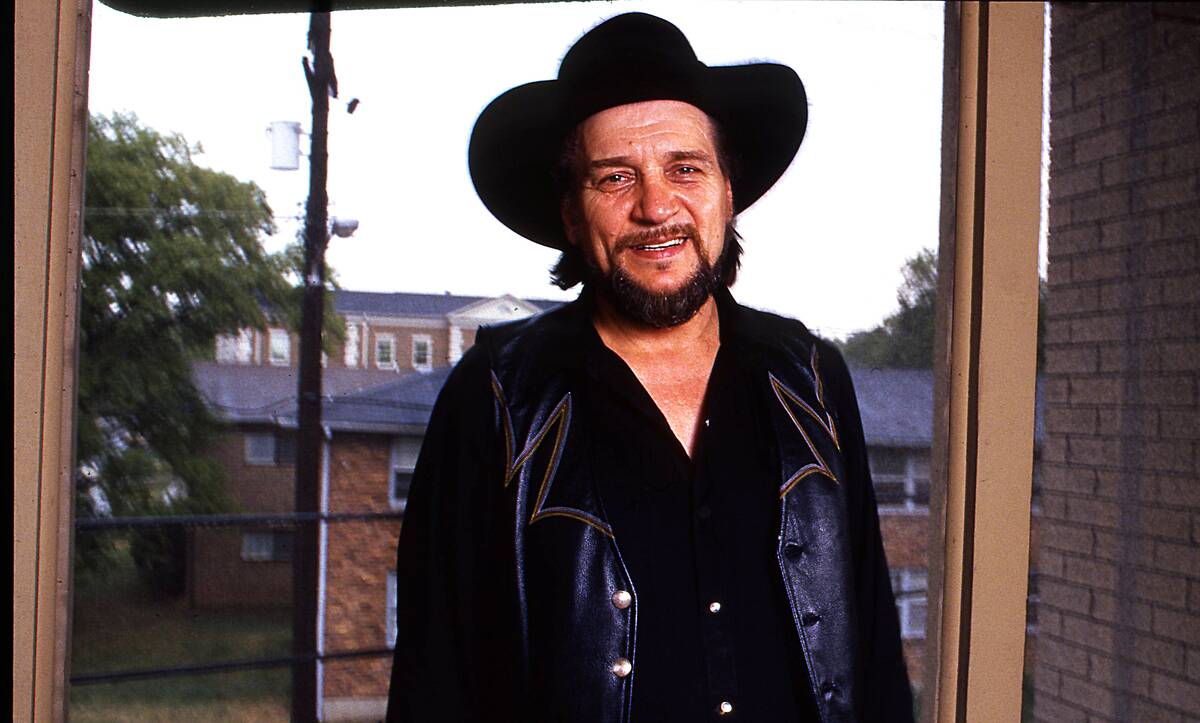
Perhaps the biggest originator of outlaw country, Waylon Jennings took his wild life and set it to music in the genre’s first platinum-selling album, Wanted! The Outlaws. That album saw him join forces with other artists who would become megastars in the genre at large.
Although Jennings’s narcotics habits became well-known by the time he kicked them in 1984, they were also the source of his real-life outlaw behavior. Although the DEA tried to bring Jennings down in a major arrest in 1977, they were unsuccessful because he had disposed of the evidence beforehand.
Willie Nelson
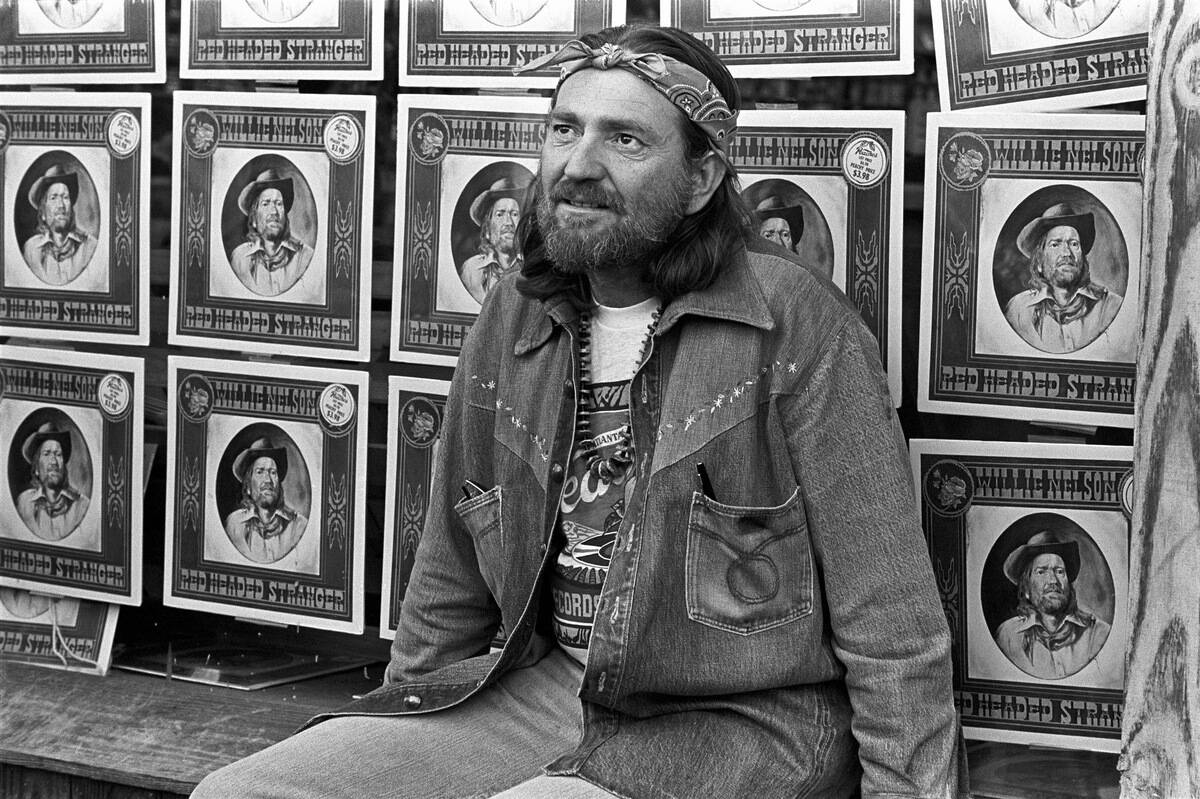
Although Willie Nelson famously wrote the song “Crazy” before Patsy Cline popularized it in 1961, he didn’t get his own big break as an artist until the 1970s. This came as a reinvention for the freewheeling artist, whose tender and serene yet independent spirit made him welcome to established country fans and outlaws alike.
Nelson is one of the first names in country people can think of, but that may not have been the case if he hadn’t reinvented himself for the outlaw set and joined Jennings for his landmark album, Wanted! The Outlaws. Since the Nashville establishment once didn’t give Nelson the time of day, he found his own way around.
Billy Joe Shaver
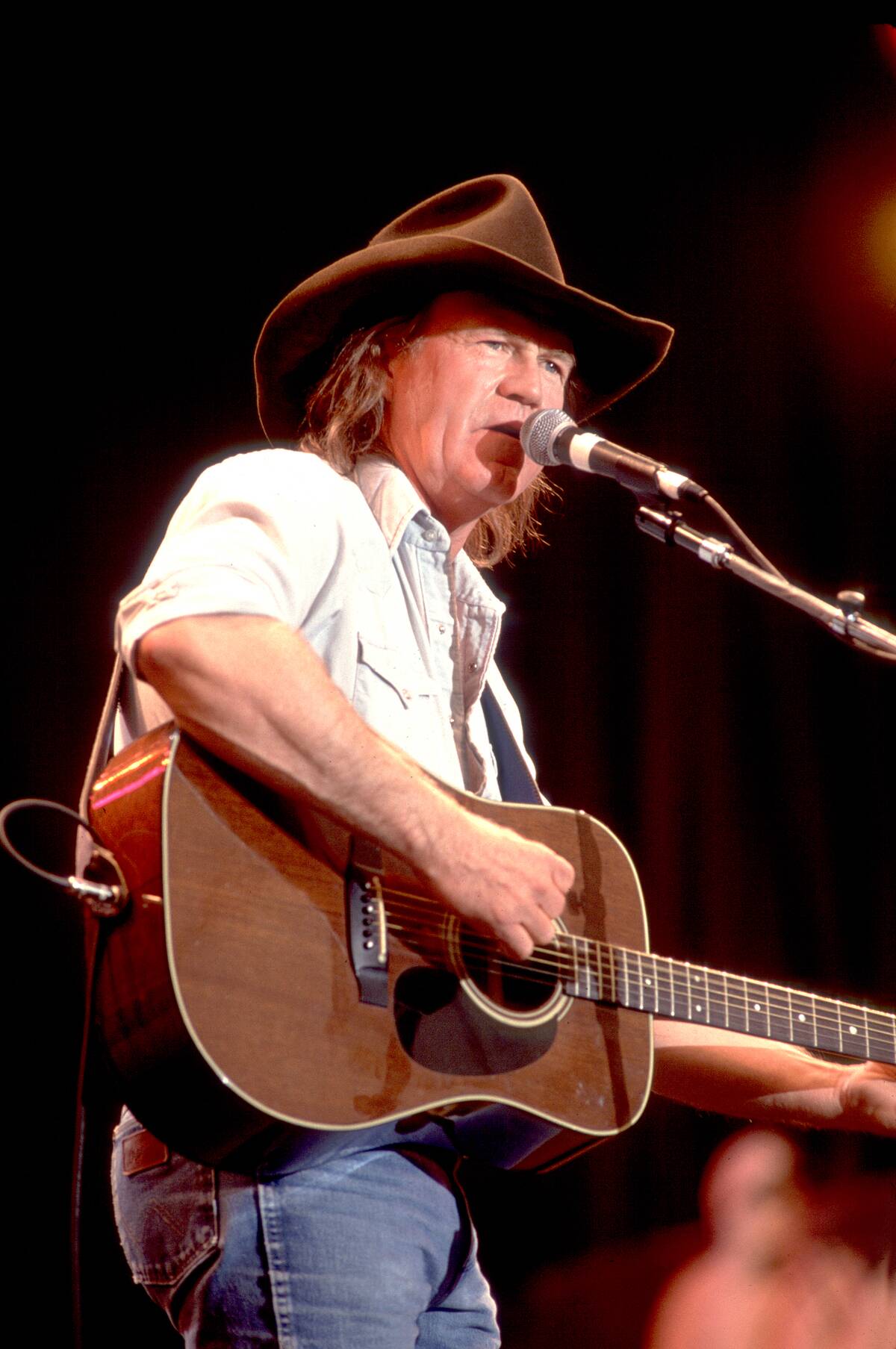
Billy Joe Shaver never found much chart success, but as a songwriter, he’s one of the most revered figures of the outlaw country movement. He first entered the mainstream consciousness in 1973 when Waylon Jennings recorded an entire album of Shaver’s songs.
The resulting album, Honky Tonk Heroes, is viewed as a cornerstone of the outlaw movement. Shaver’s own albums weren’t nearly as successful, but those who gave them a chance found that they contained earnest, raw songs written by a skilled songwriter.
Kris Kristofferson
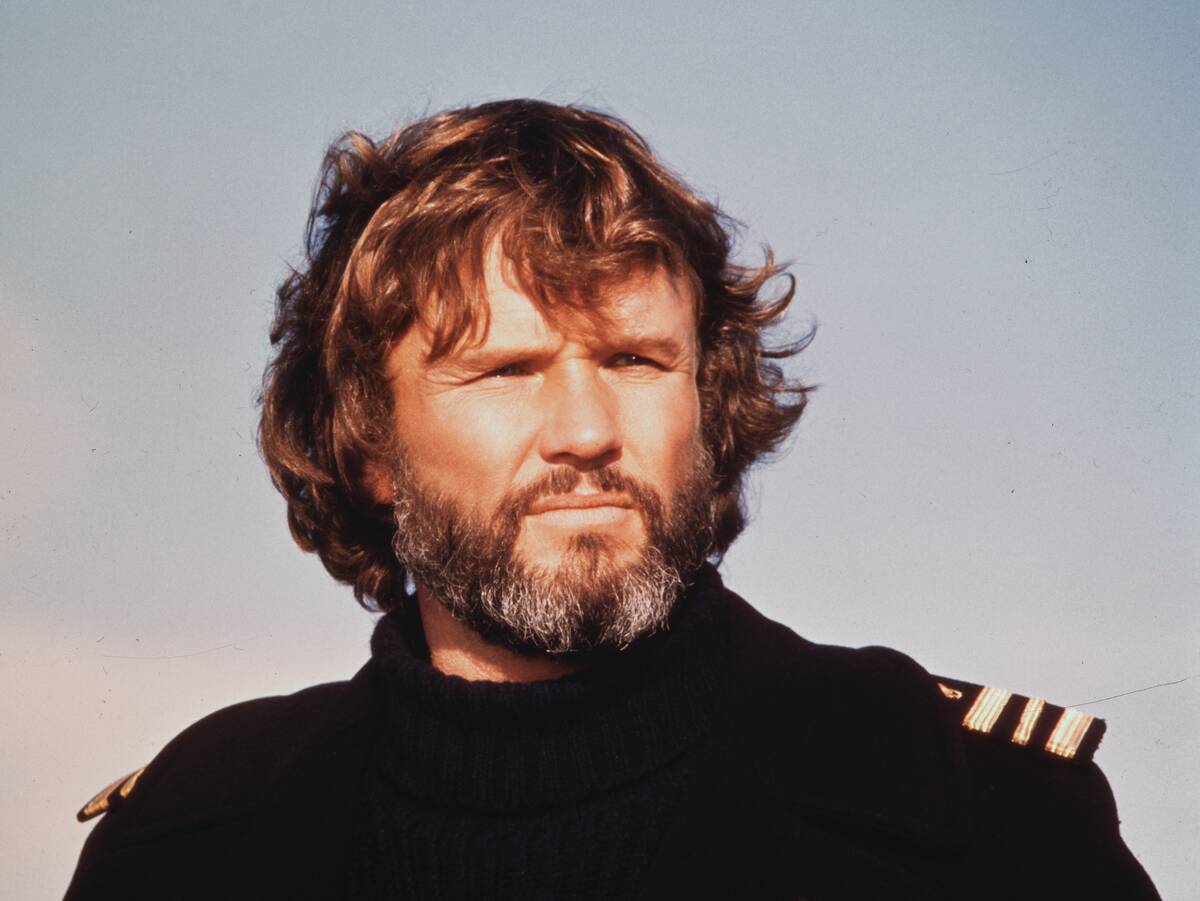
Although the outlaw country movement’s name suggests a fascination with criminality, it had more to do with breaking away from what people understood country music at the time to sound like, whether stylistically or lyrically.
That’s why Kris Kristofferson was a pioneering figure in outlaw country, despite making music that was more introspective and philosophical in its gritty presentation than some of his contemporaries. Still, sad pieces like “Sunday Morning Coming Down” were well in line with the outlaw country spirit, as Johnny Cash’s best-selling cover version confirmed perfectly.
David Allan Coe
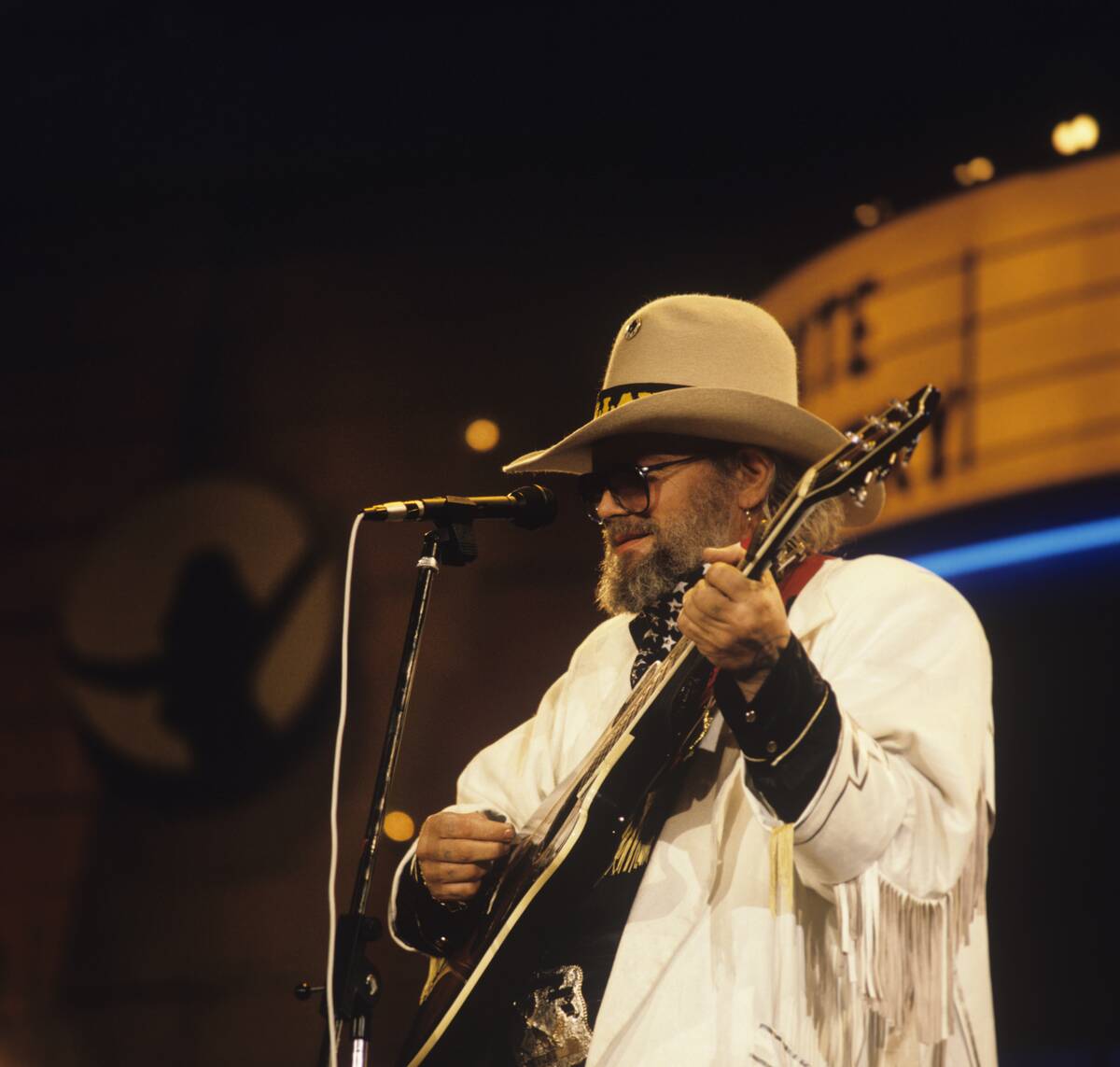
David Allan Coe had the outlaw background to succeed in outlaw country, as he spent years in reform schools and prison in his early life. When he arrived in Nashville in the late ’60s, he made an immediate impact with hard-driving songs that revealed a rough-edged, defiant attitude.
Coe’s music, while frequently humorous, could also push the boundaries of good taste at times, particularly his underground recordings. Despite this, or maybe because of this, he deserves recognition as an outlaw country pioneer.
Tanya Tucker
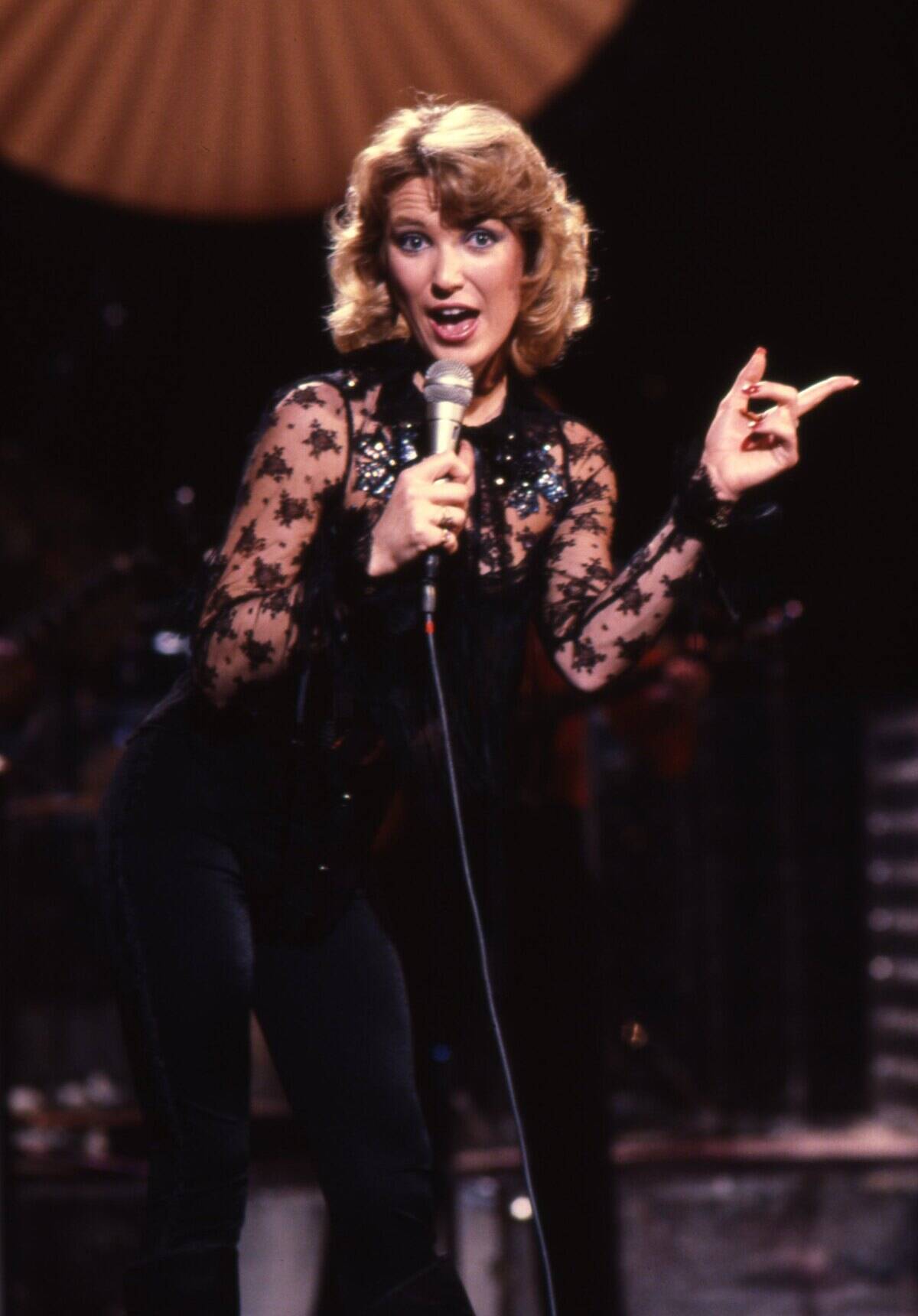
Tanya Tucker became an immediate star at the young age of 13 thanks to her 1972 hit “Delta Dawn.” The song placed Tucker firmly in the realm of Nashville’s mainstream, but by the late 1970s, her image and sound grew edgier and more in line with the outlaw movement.
Tucker’s late ’70s and early ’80s albums marked a shift toward rock-infused country and a more provocative public persona. Her well-documented personal struggles — and her perseverance throughout — make her the quintessential female outlaw.
Hank Williams Jr.
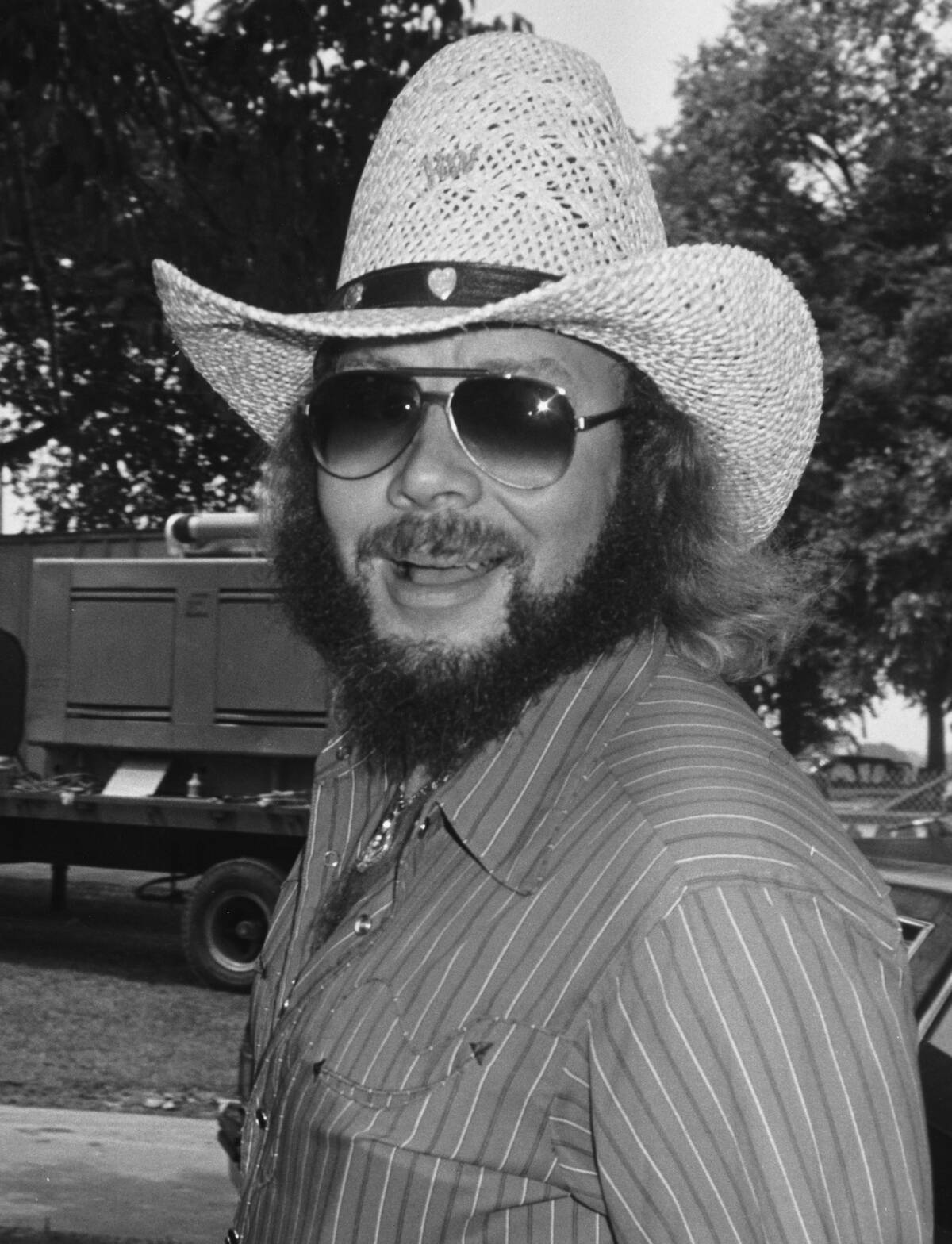
Although Hank Williams Sr. was perhaps the most respected name from the golden age of country music, his son would prove an innovator in the outlaw country movement upon its emergence. Like Nelson and Jennings, Williams would take the freewheeling spirit and harder sound of southern rock and incorporate it into his father’s country legacy.
As a multi-instrumentalist who could play the keyboard and saxophone as easily as the steel guitar, there seemed to be any direction he could take his music in if he wanted to. However, the outlaw country movement he would help pioneer would be truest to his life.
Johnny Cash
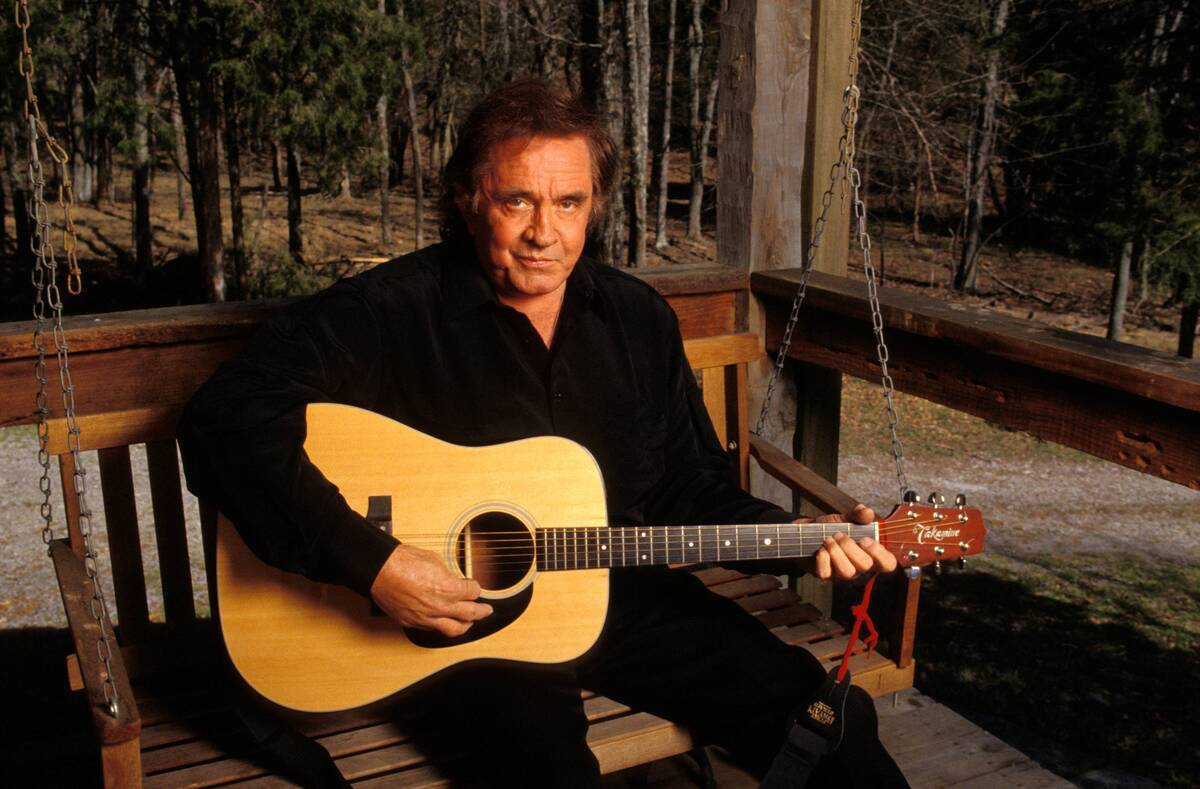
Although Johnny Cash had already had a successful career before the advent of outlaw country and even inspired some of its biggest stars, the movement also reinvigorated his success. That’s partially because he thought of a landmark idea that pushed it further.
As he would document in the classic album At Folsom Prison, Cash pursued the brilliant idea to record his first live album at a prison. Although it was a big risk and similar concerts haven’t always gone well, the strongly performed, humanizing, and often funny results are now the stuff of legends.
Ray Scott
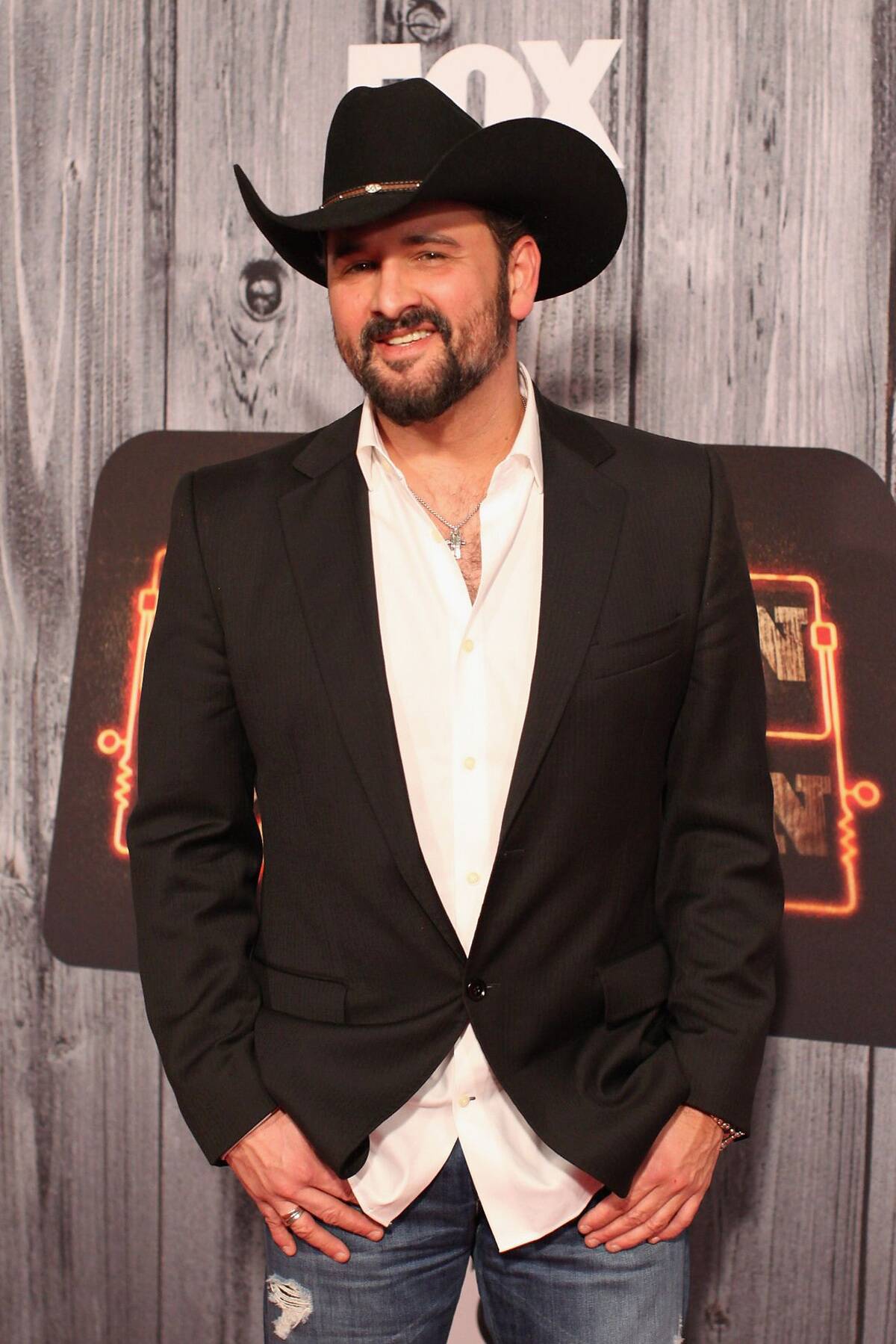
A modern-day torchbearer for the outlaw country movement, Ray Scott’s music is characterized by his distinctive baritone voice, clever songwriting, and refusal to conform to Nashville’s increasingly pop-driven direction.
Scott plied his trade behind the scene for many years, working in the Nashville songwriting circuit before releasing his debut album My Kind of Music at the age of 36. Scott’s sharp, incisive lyrics form a marked contrast to the typical country fare about trucks and girls.
Emmylou Harris
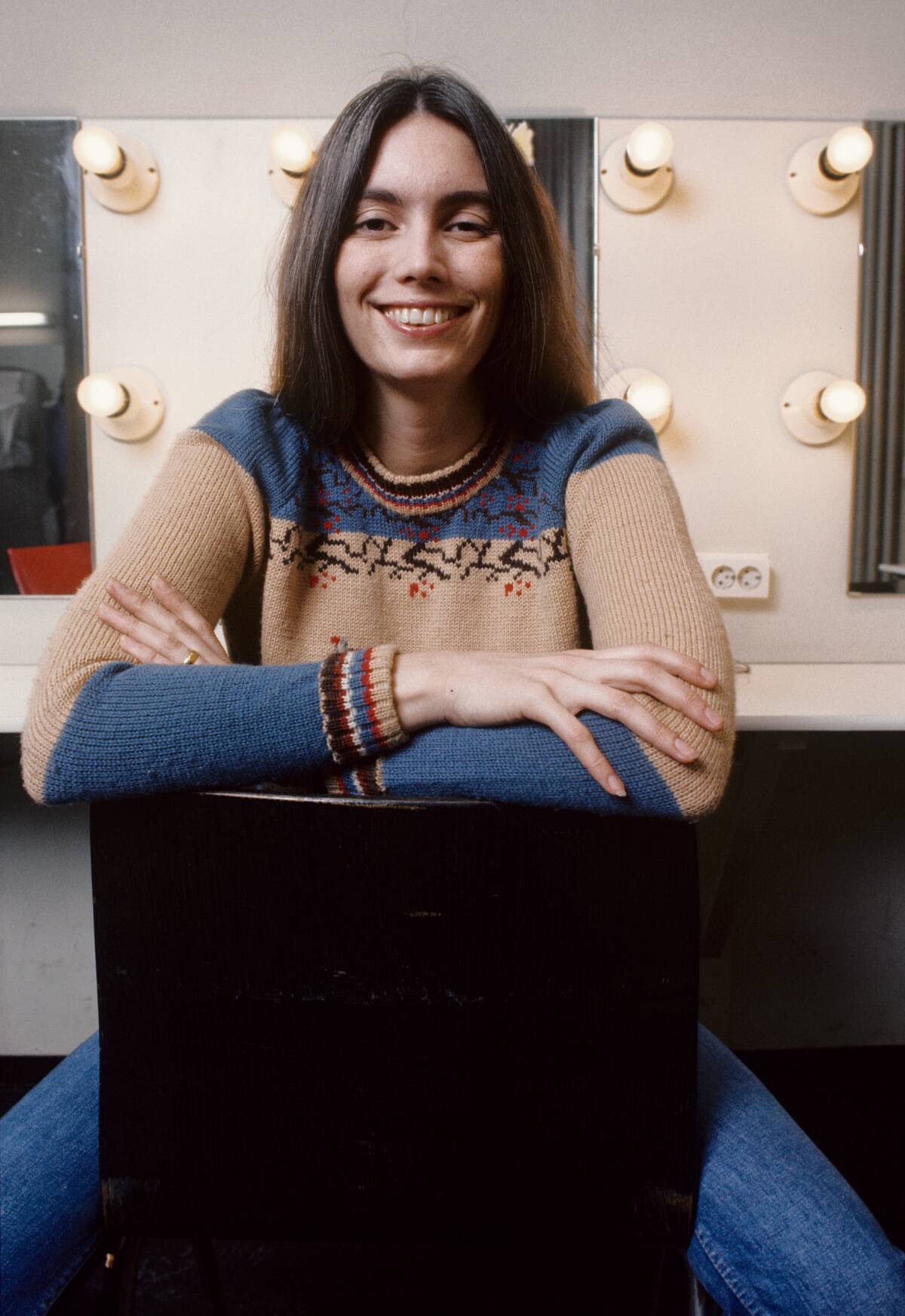
Like Kristofferson, Emmylou Harris didn’t fall in with the outlaw country crowd by making her music sound particularly edgy or dangerous. Instead, her sophisticated, genre-bending style and soulful vocal stylings made her a welcome collaborator for the others who more explicitly embodied the subgenre.
However, she was a pioneer in her own right, blending rock and country music before her outlaw country contemporaries added their gritty sheen to the practice. Although she had the voice of an angel, the earthy warmth of her music not only helped her fit in with them but dubbed her the “Godmother of Americana.”
Johnny Paycheck
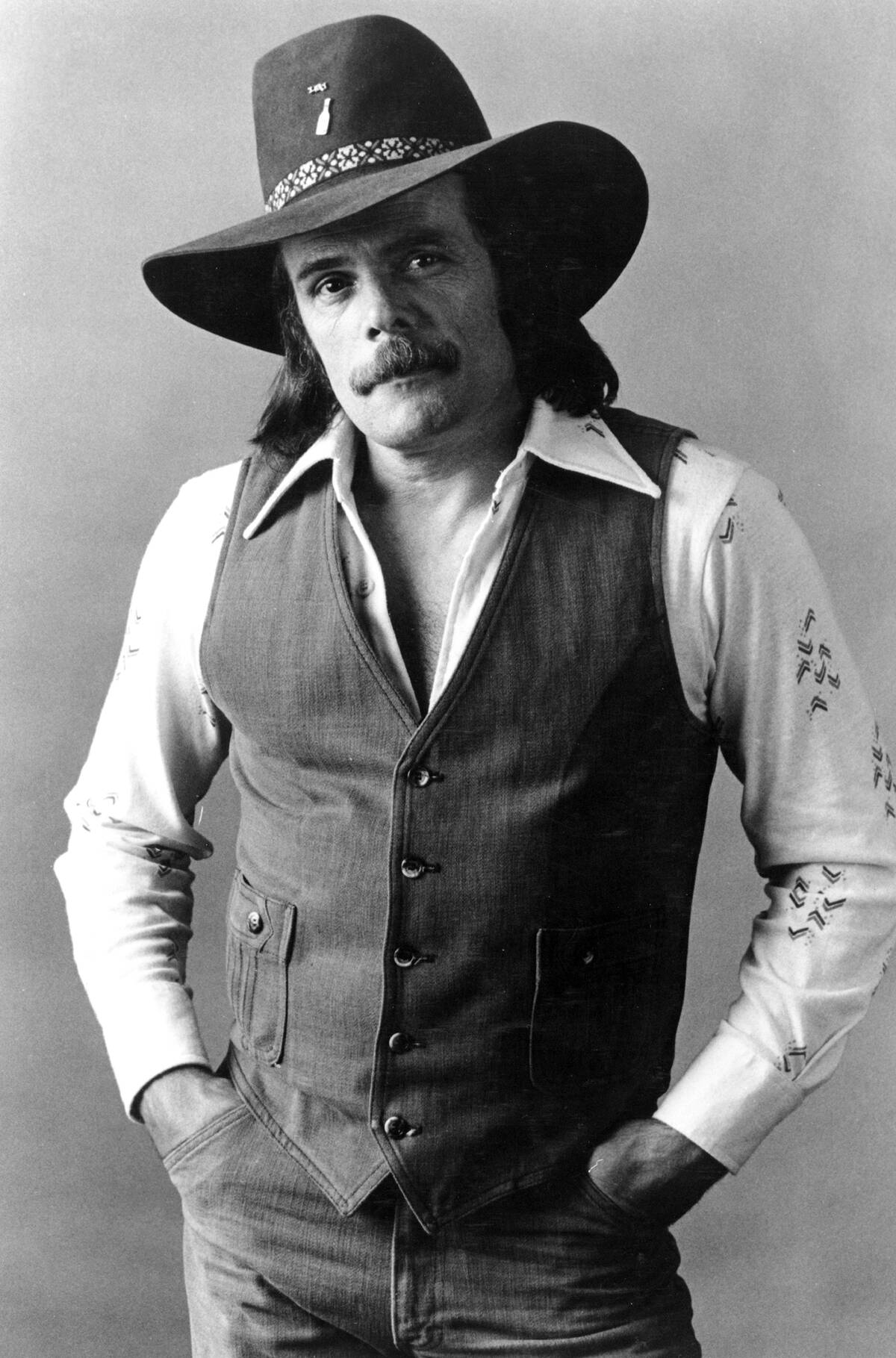
Johnny Paycheck once described an outlaw as “a man who did things his own way whether you liked him or not,” and that was the way he lived and worked. Paycheck’s warm yet gritty style made him an icon of the working class, as he conveyed that he knew what it was like to live hard as much as they did.
That said, Paycheck’s life also fit the most literal definition of “outlaw country,” as in addition to alcohol and narcotics issues, there were multiple incidents that saw him get in serious trouble with the law.
Whitey Morgan
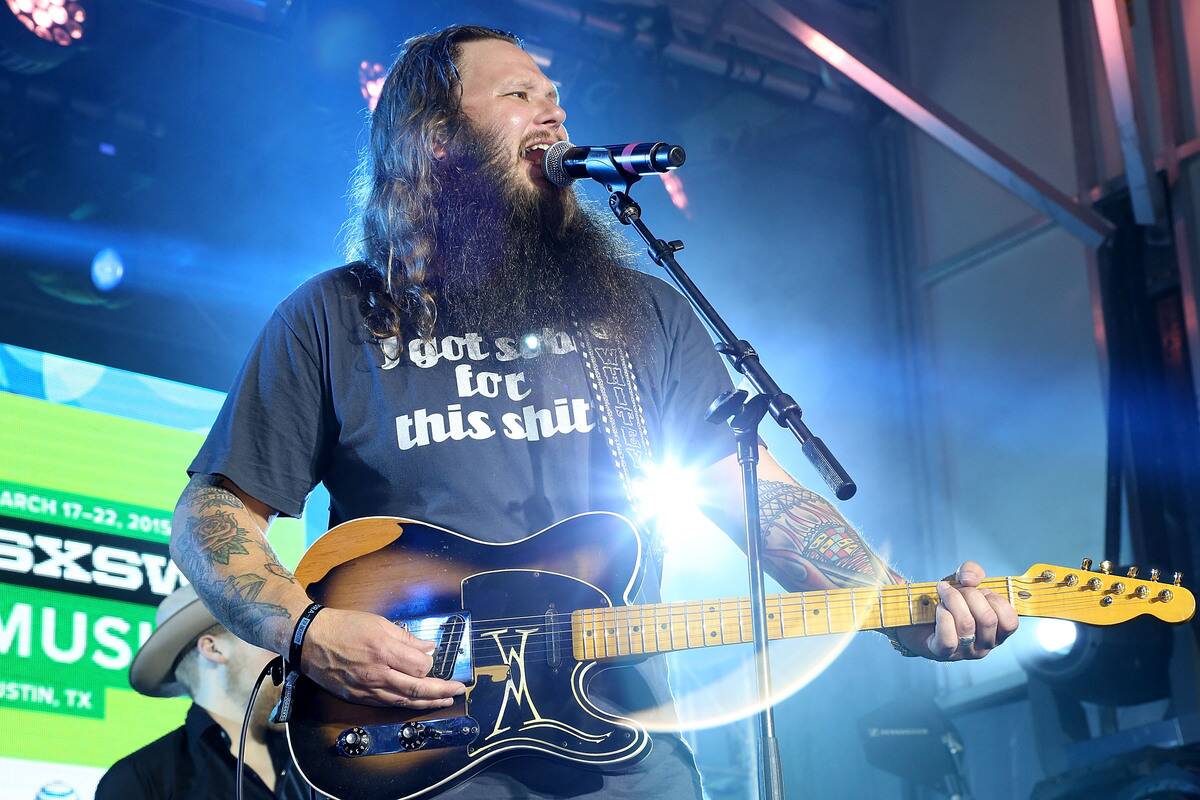
The man born as Eric David Allen formed his first band, Whitey Morgan and the 78’s, in the early 2000s and quickly built up a loyal fanbase thanks to their classic country sounds and energetic live show.
Morgan has shown reverence for outlaw figures like Townes Van Zandt, frequently covering classic songs, while also carving out his own independent identity.
Jessi Colter
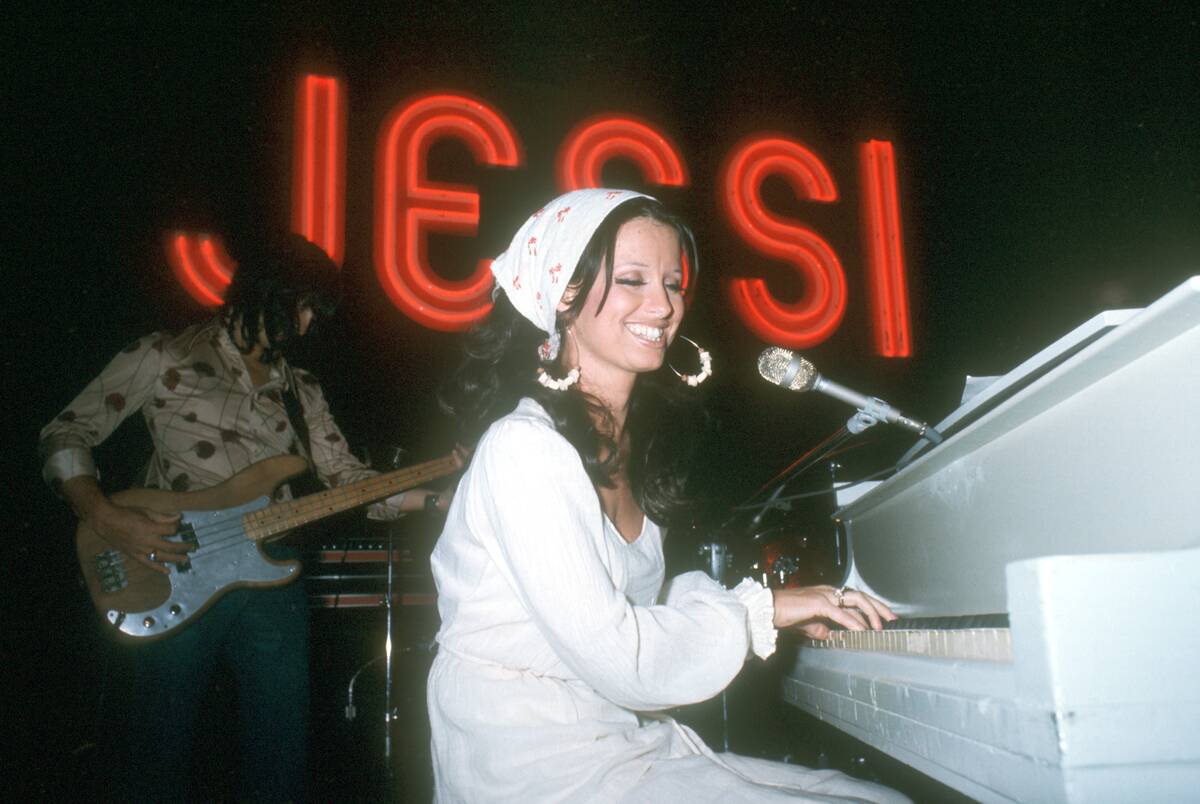
Although there weren’t many female artists to emerge from the outlaw country scene of the ’70s, Jessi Colter’s entire career began under its auspices. That’s because meeting Waylon Jennings in 1969 was what compelled her to start a career in country music in the first place.
Colter quickly married Jennings and appeared on his famous Wanted! The Outlaws album alongside him and Willie Nelson. However, Colter would have a top-ten hit of her own after switching to Capitol Records and recording the 1975 song, “I’m Not Lisa,” which made it to number four on the Billboard Hot 100 and topped the country charts.
Kinky Friedman
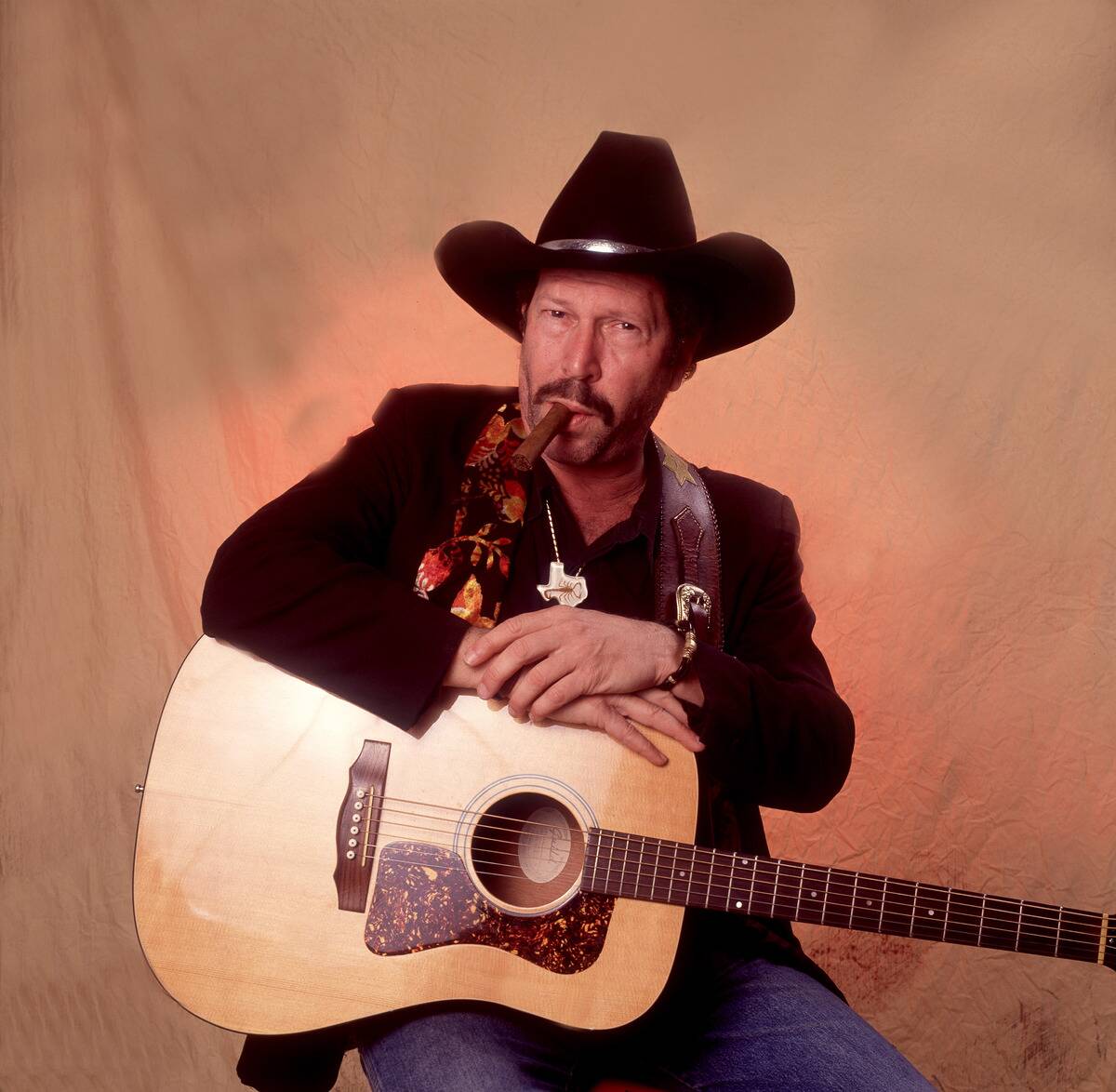
Richard “Kinky” Friedman toes the line between country star and comedian, with his provocatively-named Kinky Friedman and the Texas Jewboys hinting at his sense of humor.
Friedman’s music stirs satire, irreverence, and political commentary into a traditional country sound, one that incorporates elements of Western swing, honky-tonk, and occasional novelty content.
Merle Haggard
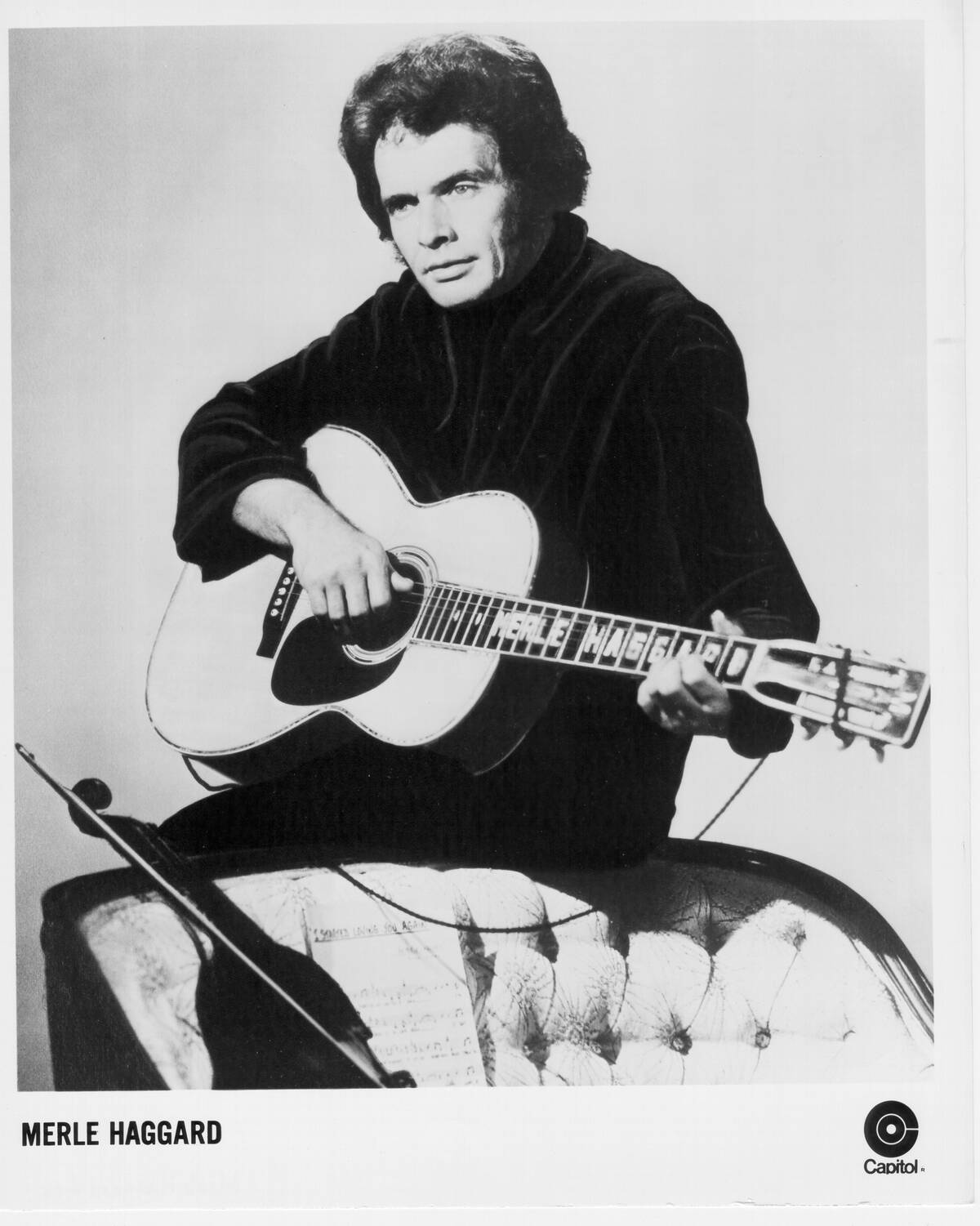
While Merle Haggard didn’t explicitly embody the rhetoric of outlaw country for much of his career — and famous songs like “Okie from Muskogee” and “The Fightin’ Side Of Me” have an establishment-leaning bent — Merle Haggard still had the outlaw bona fides.
That wasn’t just because he began his country career shortly after getting out of prison, but also because his poetically written and credible songs about hard living emotionally resonated with the working class. It didn’t hurt that he often collaborated with other figures in the outlaw country scene, like Willie Nelson.
Tompall Glaser
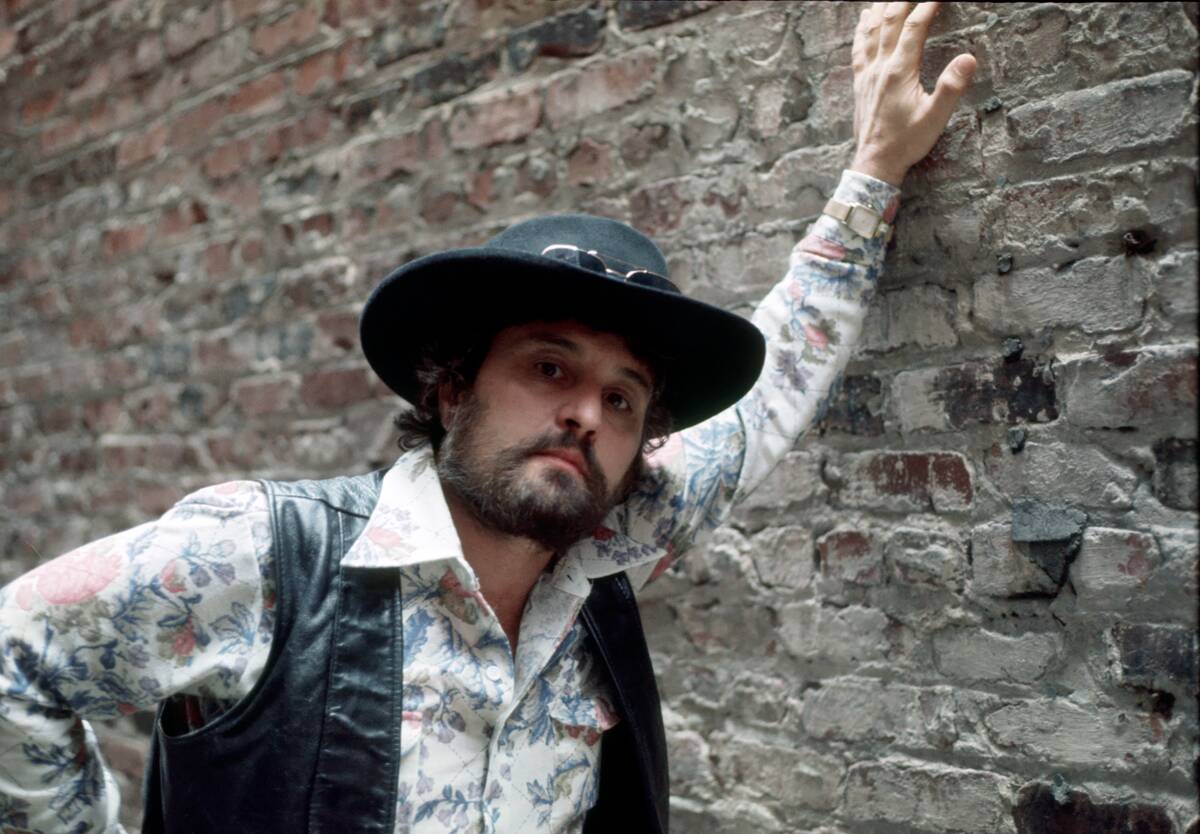
Although he may not be the first name people tend to think of when they picture outlaw country, Tompall Glaser was there from the movement’s very inception. Not only did he appear on Waylon Jennings’s Wanted! The Outlaws album, but he also co-produced the album Honky Tonk Heroes for Jennings in 1973. This was one of the first outlaw country albums to ever exist.
As for his own work, Glaser recorded some material solo and others with his brother as part of the act, Tompall & the Glaser Brothers. He achieved a country hit with the Shel Silverstein-penned “Put Another Log on the Fire” in 1975, and made it to number two on Billboard’s country charts by singing “Lovin’ Her Was Easier (than Anything I’ll Ever Do Again)” with his brothers in 1981.
Cody Jinks
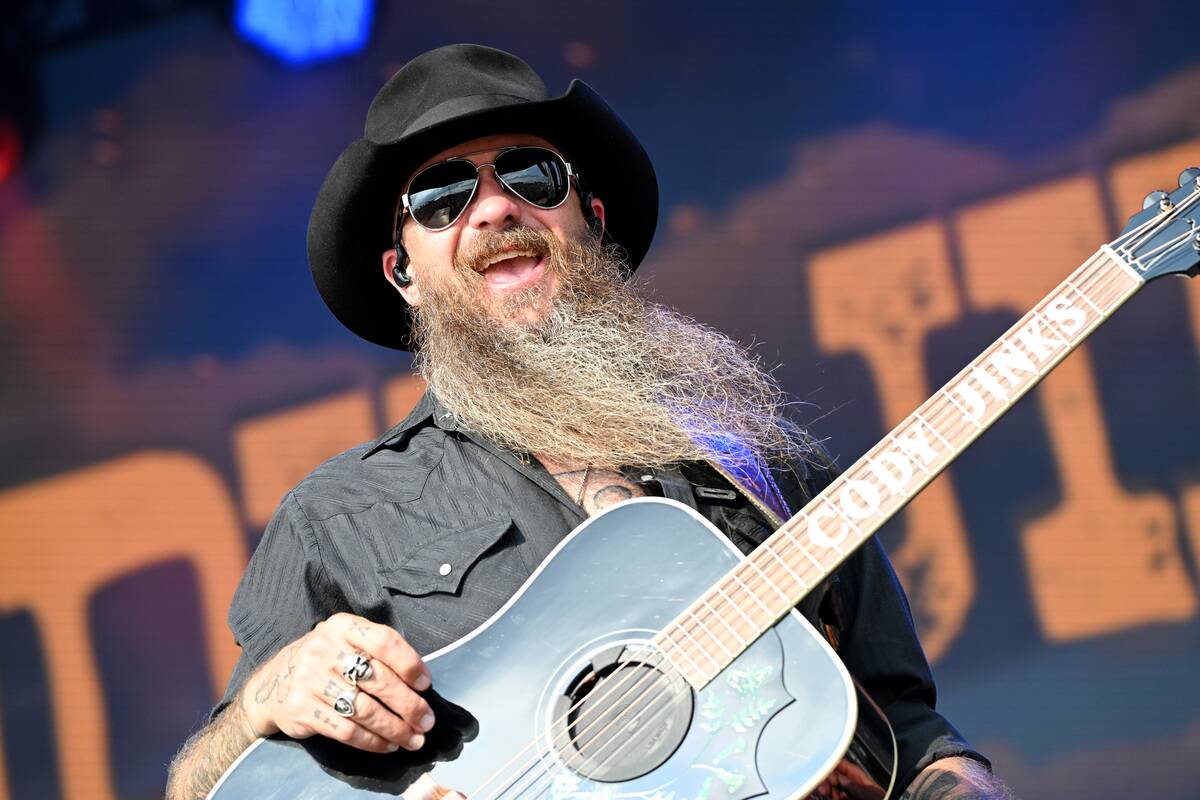
Cody Jinks is widely respected in Nashville in large part because he doesn’t conform to Nashville’s commercial model. He actually began his career in the heavy metal scene before returning to his first love of country music.
This unconventional backstory means that Jinks’ music incorporates the intensity of metal into a stripped-down country sound that emphasizes storytelling and emotional honesty.
Guy Clark
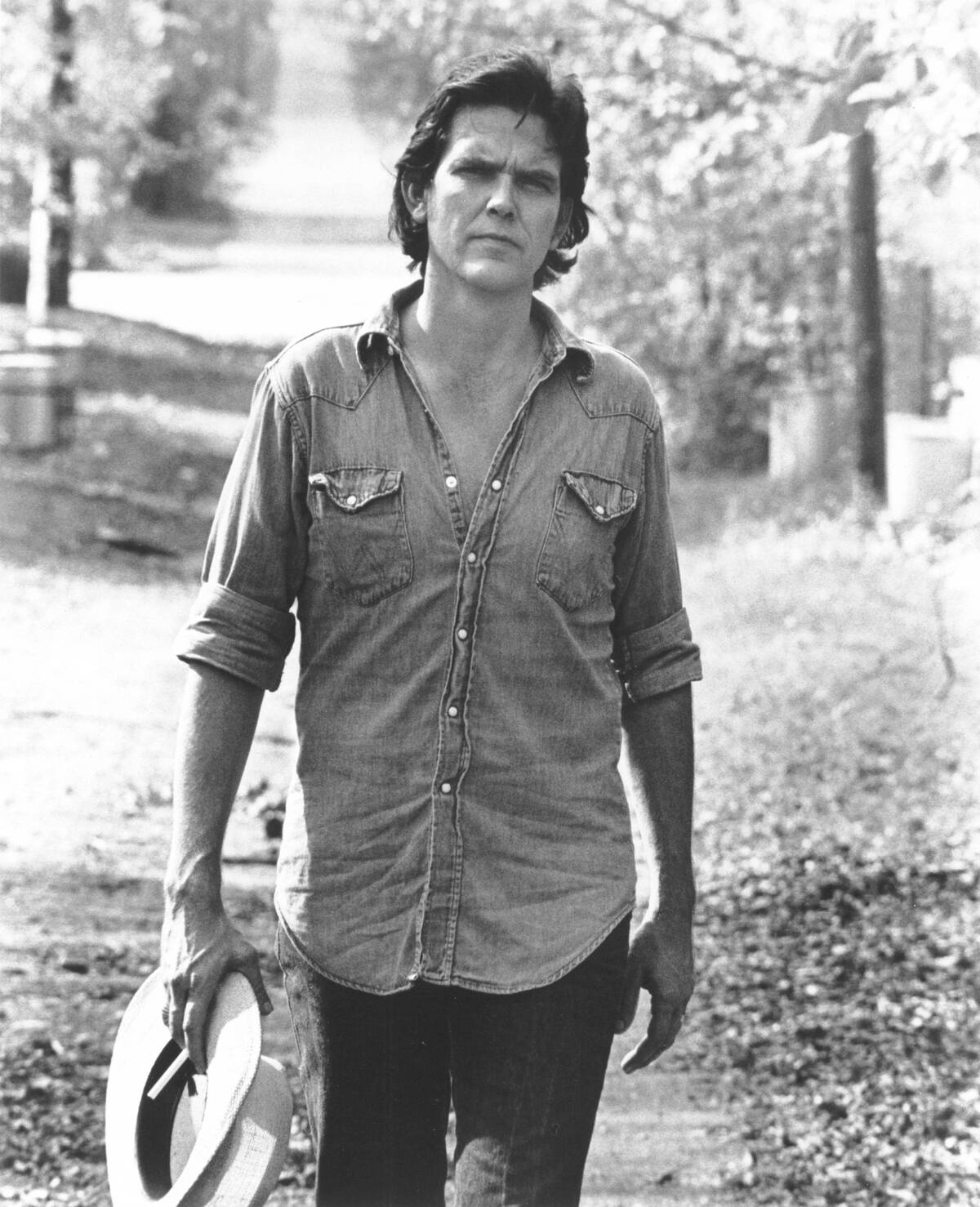
Although Guy Clark’s career in the folk and country spheres began a little before the rise of outlaw country, it was a movement he was quite welcome. Indeed, that’s partially because so many of the others in that movement performed his songs.
Not only that but Clark would prove to be a mentoring figure to many of the scions of the outlaw country movement, with Steve Earle’s being the most notable among the ones he had directly influenced. That said, it’s hard to find any corner of the country world that doesn’t owe something to Clark.
Jerry Jeff Walker
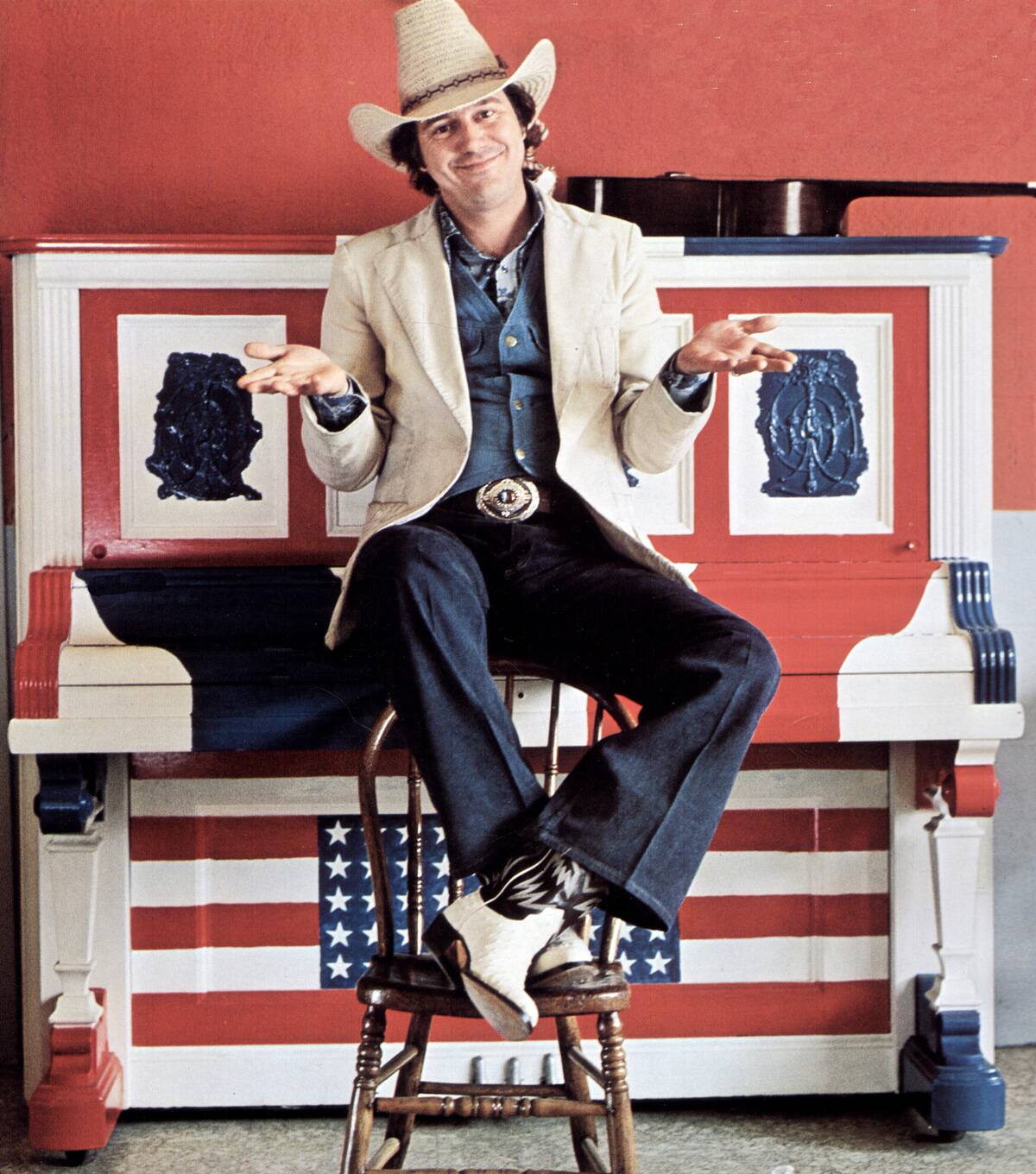
Although Jerry Jeff Walker would grow to be a figure in the outlaw country scene, one of his most famous songs, “Mr. Bojangles,” came before it ever existed. Still, the fact that he was inspired to write it after meeting a New Orleans street performer while in jail for public intoxication in 1965 fits the movement he would eventually participate in well.
With that context in mind, it’s not so surprising that he started mingling with outlaw country figures like Guy Clark, Waylon Jennings, and Willie Nelson. The latter two even referenced “Jerry Jeff’s train songs” in the 1977 hit song, “Luckenbach, Texas (Back to the Basics of Love).”
Shooter Jennings
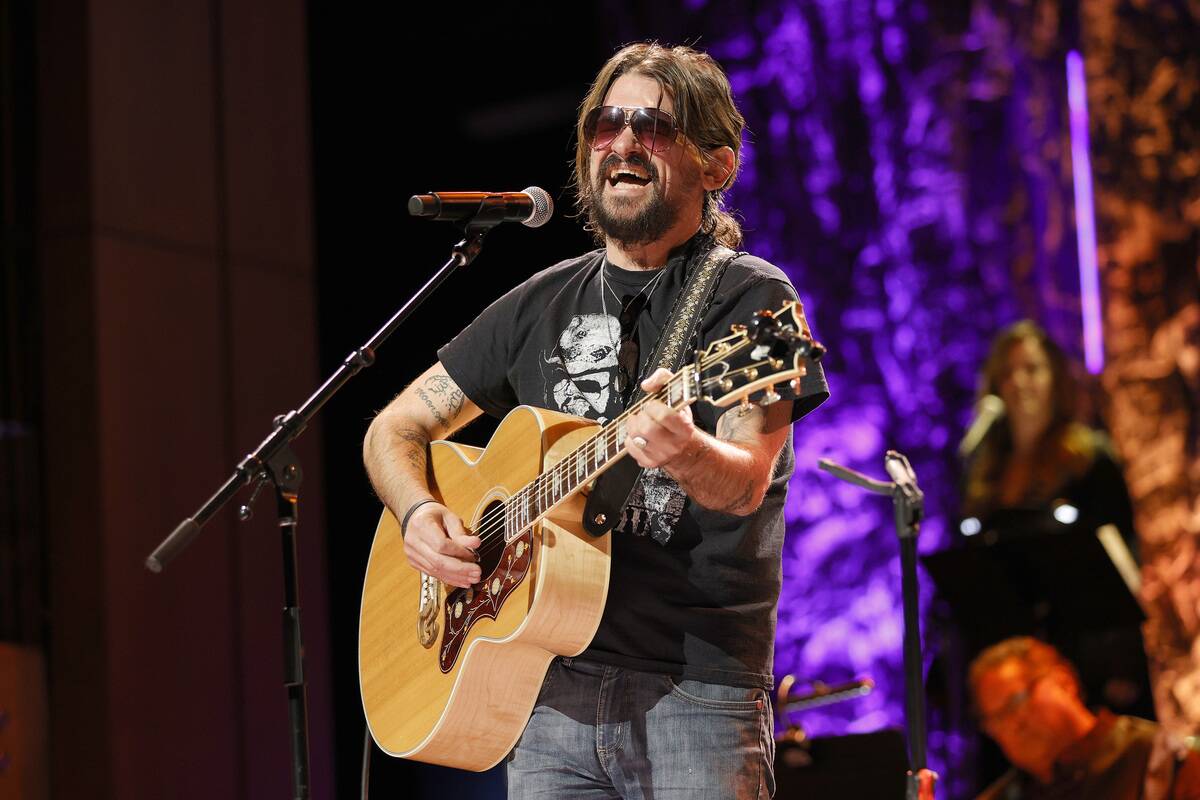
The son of Waylon Jennings could have ridden on his famous father’s coattails into country stardom, but instead chose to blaze his own trail with a unique sound that blends outlaw country, Southern rock, and electronic music.
Shooter Jennings began his career with relatively conventional country albums before transitioning into genre-defying projects in the 2010s. Despite his experimentation, he’s remained grounded in the outlaw ethos with a rebellious, independent spirit.
Ray Wylie Hubbard
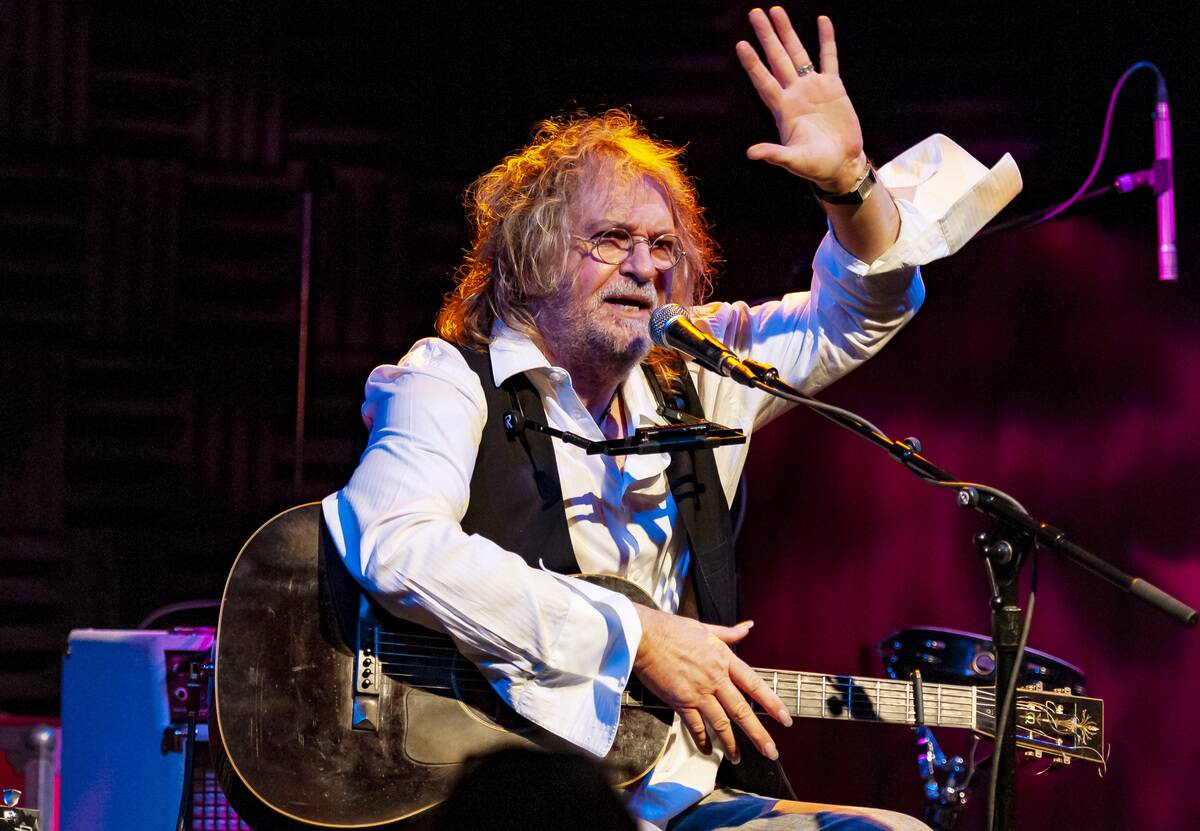
Ray Wylie Hubbard, like so many other country stars, found himself drifting along the margins of the country scene for years before rising to prominence later in his career.
While Hubbard’s career can be traced back to his time with Three Faces West in the 1960s, an unlikely career resurgence in the 1990s and 2000s helped to cement his legacy as a brutally honest stage presence with a wry sense of humor and a penchant for introspective music.
Lee Clayton

Although Lee Clayton released his first two albums in the same decade that the outlaw country movement took hold, he contributed to it more as a songwriter than as a singer, as the majority of his albums were recorded in the decades that followed.
Instead, Clayton’s key positioning in the early days of outlaw country saw him write songs for Waylon Jennings, most notably “Ladies Love Outlaws” in 1972 and “If You Could Touch Her at All” in 1974. He also wrote “Lone Wolf” for Jerry Jeff Walker.
Townes Van Zant
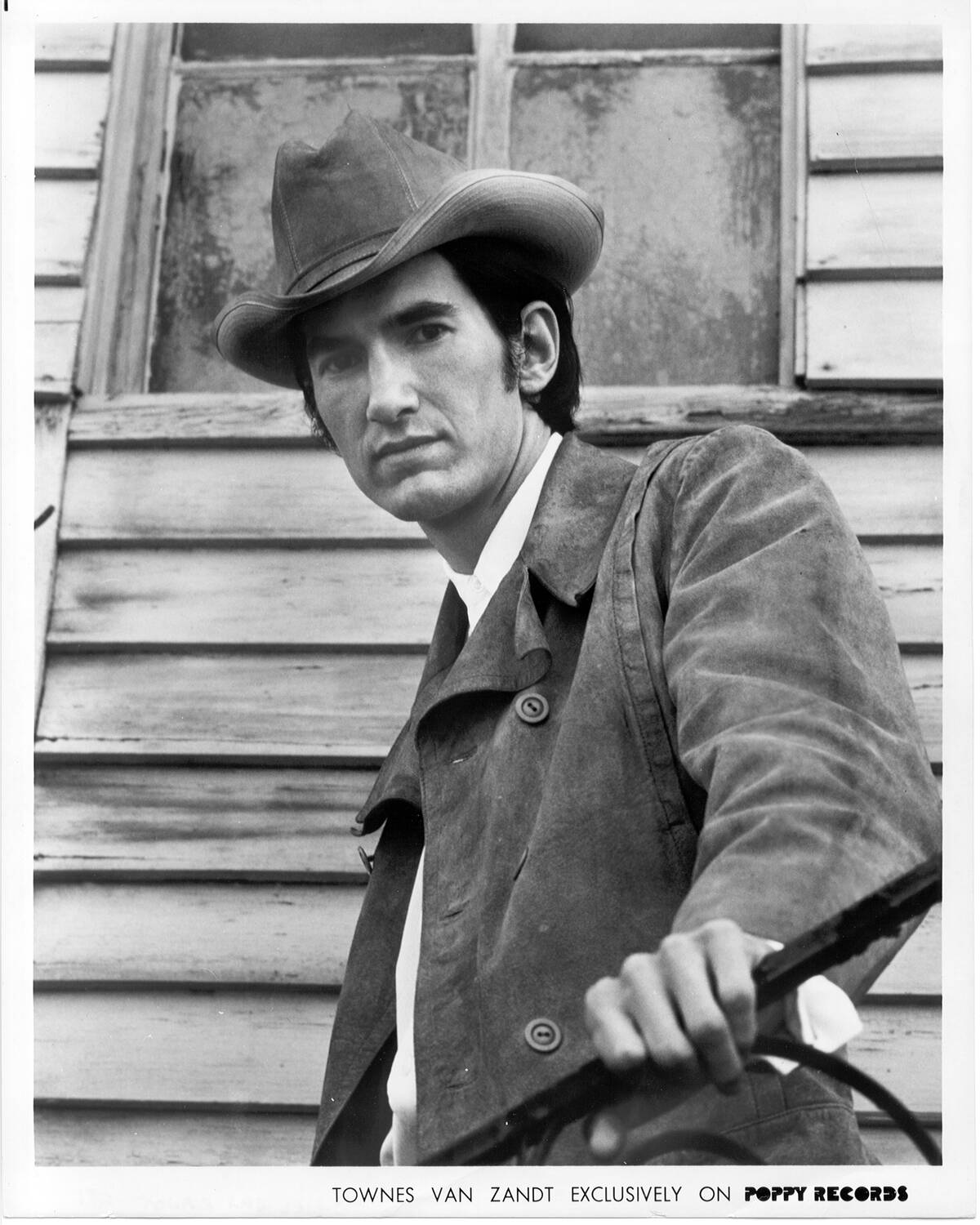
Although he lived his life under the thumb of many personal demons, Townes Van Zant’s outlaw-like indiscretions tended to be quieter and more sombre than those of his peers. Indeed, his music mirrored this demeanor, as Van Zant tended to sound more melancholic and poetic than hard-edged.
Nonetheless, the proud Texan fit the model by recording his music his way and by finding a way around the Nashville system to do it. His legacy is deeply enshrined in the country and folk scenes, and his fingerpicking guitar style was notably impressive even in his earliest years.
Johnny Darrell
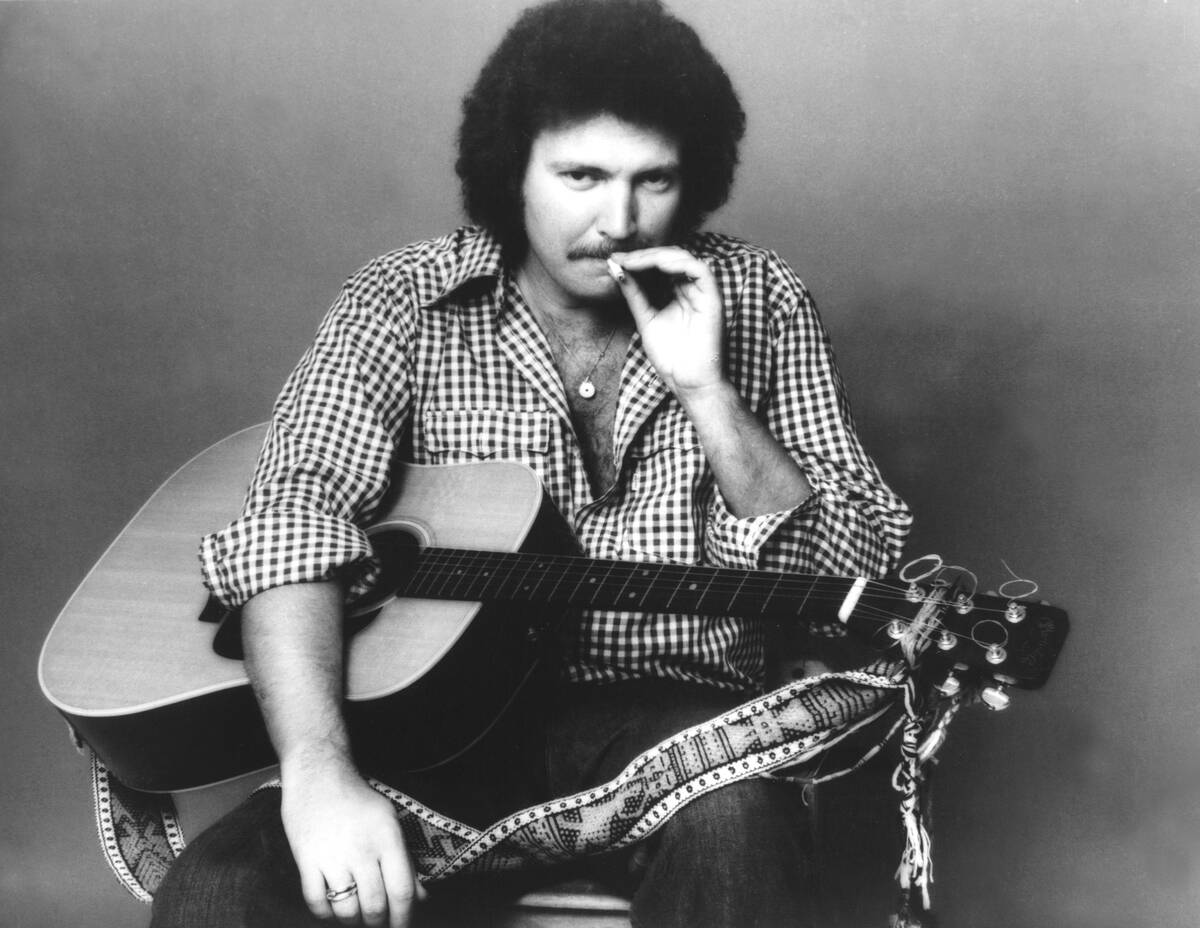
Johnny Darrell is credited with bringing a new kind of social consciousness to the country genre in the late 1960s, with progressive songwriting that mirrored pop and rock music that was popular during the time.
Darrell’s music combined traditional country with folk music, with his songs frequently exploring themes that challenged the conservative norms that were present in most mainstream country music.
Steve Earle
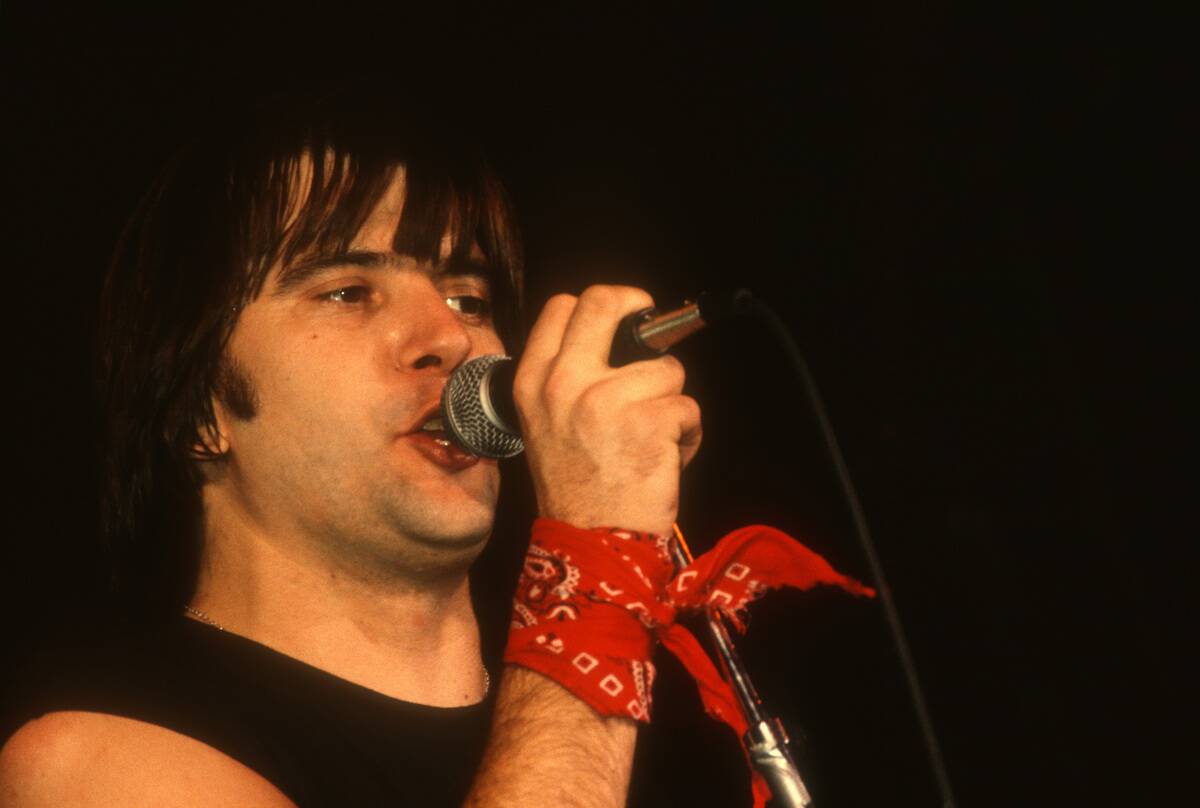
Since his first album, Guitar Town, came out in 1986, Steve Earle was something of a latecomer to the outlaw country movement. However, from his progressive politics to his hard-edged vocal and lyrical styles, Earle embodied the spirit of everything that defined outlaw country.
Like some of the other outlaw country stars, Earle combined his country roots with more rocking styles to stand out as a strong artist with a groundswell of support from various alternative scenes. He also channelled the aftermath of his real-life addictions into a memorable role in the prestigious HBO drama The Wire.



